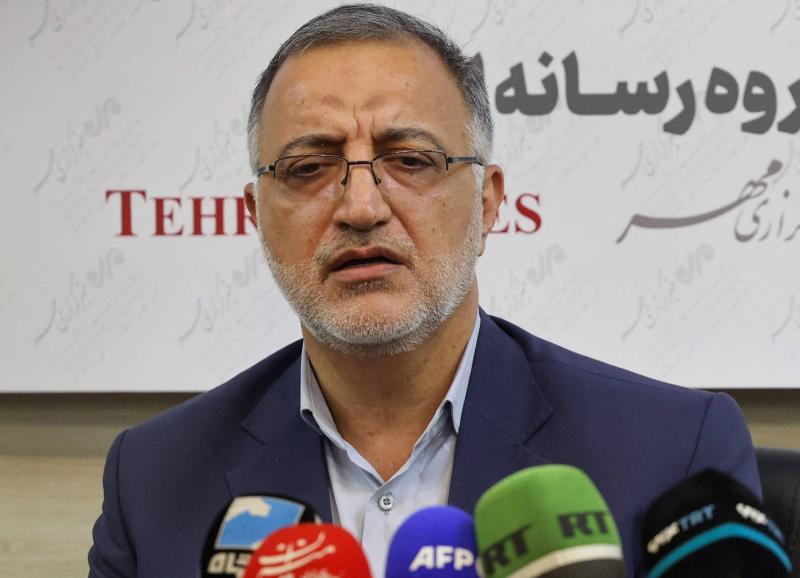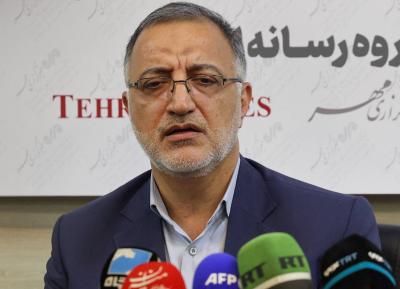Official media in Iran reported that "two hardline conservative candidates withdrew from the Iranian presidential elections today, Thursday, just one day before voting begins, urging for a unity of the forces supporting the Islamic Revolution in the country." The Iranian presidential elections are set to start tomorrow, Friday, following the death of President Ebrahim Raisi in a helicopter crash last month. The outcome is expected to influence who may succeed Supreme Leader Ayatollah Ali Khamenei, who has the final say in the clerically governed nation.
Official media indicated that Alireza Zakani, the mayor of Tehran, and Amir Hossein Qazizadeh Hashemi, head of the Martyrs Foundation, have withdrawn from the election race. The Iranian Students Polling Agency had predicted in a survey conducted on June 22 and 23 that they would garner 1.7% and 2% of the votes, respectively. Following their withdrawal, four candidates remain in the presidential race. Zakani urged two prominent hardline conservatives to unite to prevent moderate candidate Masoud Pezeshkian from winning.
Zakani wrote on the social media platform X: "I urge Saeed Jalili and Mohammad Baqer Qalibaf to unite to meet the demands of the revolutionary forces," referring to Jalili, the former head of the nuclear negotiation team, and Qalibaf, a competitor among hardline conservatives, the current speaker of parliament, and a former commander of the Revolutionary Guards.
Khamenei (85 years old) has maintained the dominance of candidates who share his hardline views in the presidential competition. The individual serving as Iranian president is typically closely involved in the selection process of the supreme leader. The elections are taking place at a critical time, as tensions rise with Israel due to the war in Gaza, the West pressures Tehran to curtail its nuclear program, and domestic opposition grows over political, social, and economic crises.
Pezeshkian, a former health minister, is supported by the politically marginalized reformist movement in Iran that calls for détente with the West, but his chances of winning remain unclear amid calls from opponents inside and outside Iran to boycott the elections.




